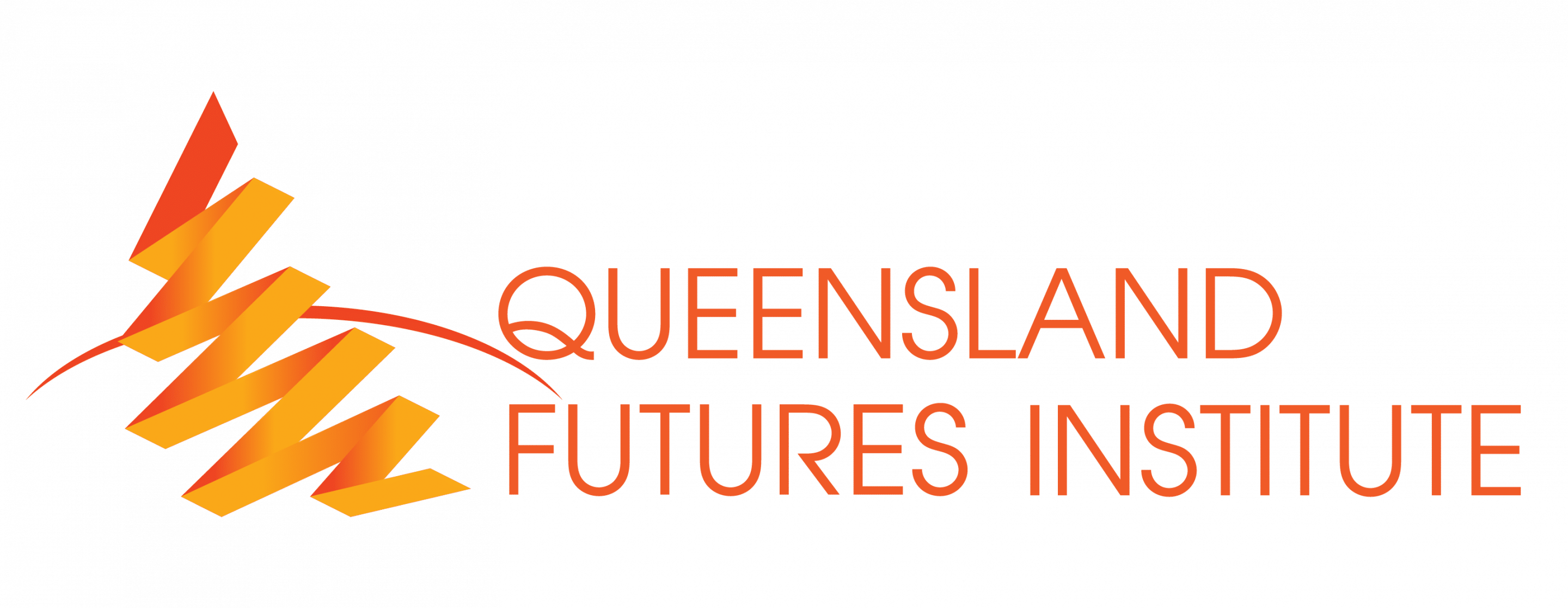RAY MERLANO: GENERAL MANAGER, QUEENSLAND, DATA#3 MARK WATT: SENIOR PARTNER, BUSINESS ASPECT, DATA#3
Dec 8, 2022 | Annual Leaders Survey 2022
The next 10 years of economic, social and environmental outcomes for Queensland will be dominated by the 2032 Olympics, energy supply, health care, housing and climate change. Dealing with the challenges and opportunities influencing these outcomes will define Queensland’s future.
It is now twelve months since Brisbane won the hosting rights to the 2032 Olympics. The government set a bold agenda of not only hosting a successful green Olympics, but also leaving the state better for having hosted it. A key enabler of this success will be our local industry capabilities to innovate, develop and apply digital technologies that will drive productivity, create jobs and showcase Queensland as the most liveable state.
Last year we talked about a need to rethink how we do entrepreneurism in the state, and how the state government can be more effective in enabling new business growth. We would suggest the five areas of focus for industry development are:
- Reliable, affordable energy and the development of Queensland as a green power innovator
- Tele-health and virtual health care (hospital in the home) technologies and services
- Intelligent transportation and green commuter traffic systems
- Digital engineering and affordable smart (green) buildings
- Defence and national security capabilities and support for advanced technology innovation
Rather than focus on competitive grants and events, investment should be directed to the human capability to facilitate partnering and supply chain clusters. Into these clusters, opportunities for nimble innovators can be created, producing new products and viable businesses.
The COVID19 pandemic has changed the way we live and work, and reminded us how vital public health care is. In regional areas with good broadband services, we are seeing a migration trend of white collar workers exercising better lifestyle choices. This has the real potential to create viable communities creating demand for improved physical and telecommunication infrastructure and community based energy supply solutions, as well as upgraded services, particularly health care.
All of this requires more technologists in our workforce and tech-literate leadership. New models of work-integrated learning and cadetships are needed. Today, there are less digital engineers and computer scientists in Queensland engaged in tech R&D, than a quarter of a century ago. Unfortunately, we are not going to be able to import all the labour we need to be a Smart State.
We need to encourage a new generation of workers and entrepreneurs to capitalise on the challenges and opportunities presented by the emerging digital economy.

